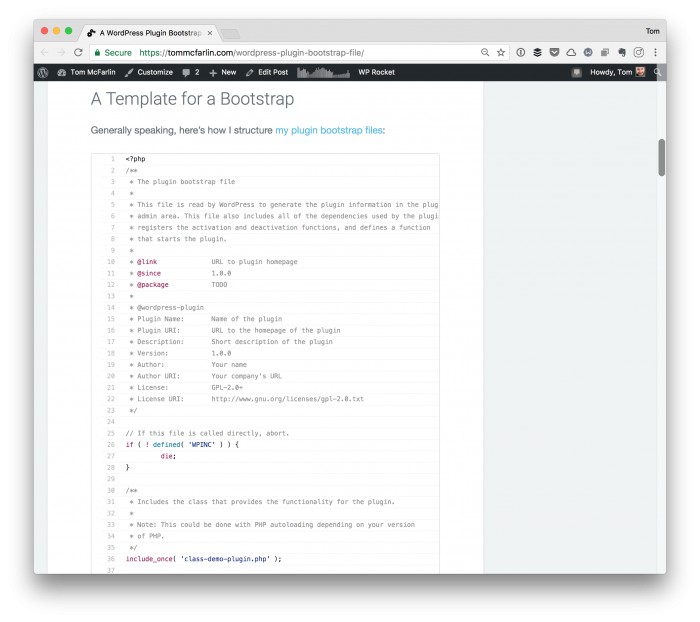Late last week, a good friend of mine linked me to a post I wrote earlier this year.

Do we update out of date blog posts?
If you opt not to read the post, the short of it is this:
- tt’s about a plugin bootstrap file,
- and there’s a discussion in the comments about it.
Here’s the thing: The more work you do with a given set of tools, the more you’re going to learn and the greater your skills are going to get.
So the posts that you’ve written become a bit out of date. Are we then recommending bad advice? Ultimately, this raises the question of what do we do with blog posts that may be out of date?
